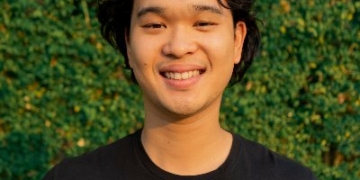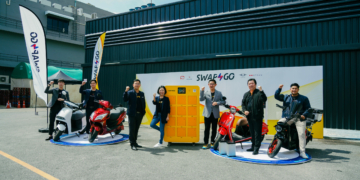Bangkok’s health and wellness sector has exploded over the past few years. Combine cultural exposure with rising levels of disposable income and a desire to live well by eating better, Bangkok has evolved into a hub for cleaner eating with fledged out options and a generally more well rounded approach to organic products and whatnot. However, the adoption rate is still very much confined within the urban crowd.
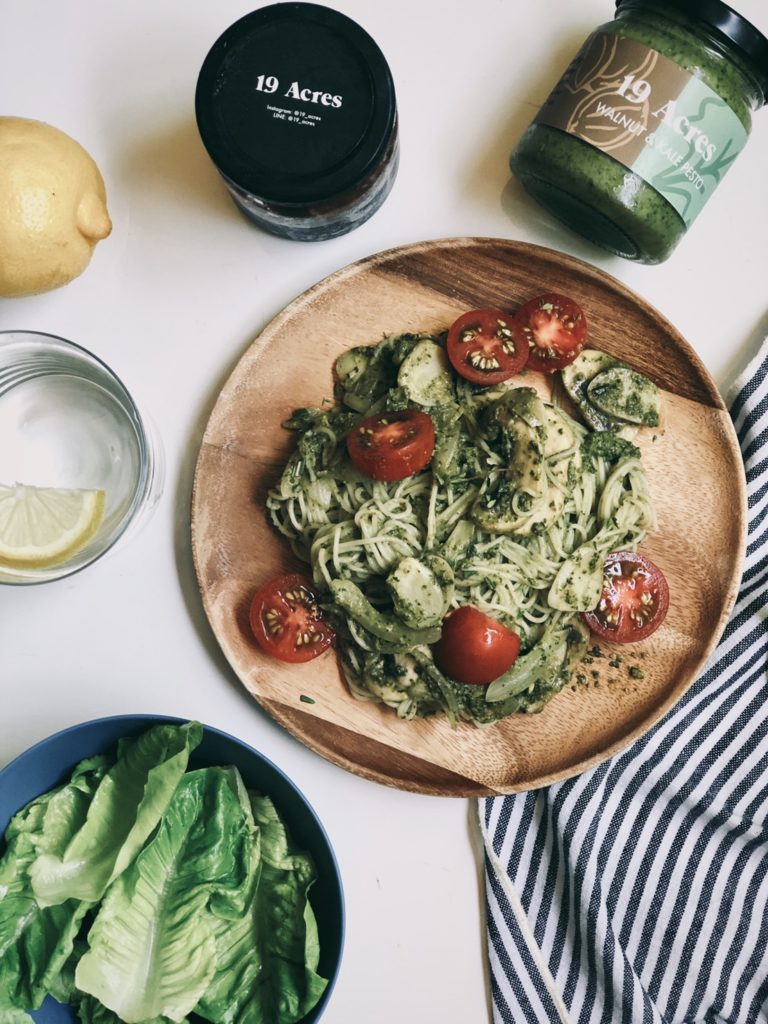
Here, we sat down with Jean Isvarpornchai, the founder of 19 Acres to discuss everything literally from the ground up, from starting passion projects to supply chain and what it really means to eat well.
1. Tell us about how 19 Acres began
“19 Acres was born out of a simple passion to grow our very own salad bowl for the family. We’ve always had a lot of joy in cooking, an interest that has stemmed from our grandparents. We love making vibrant yet simple, nutritious and comforting food for our family and friends when they are over, and have always felt strongly that eating together really has the power to connect with one another.
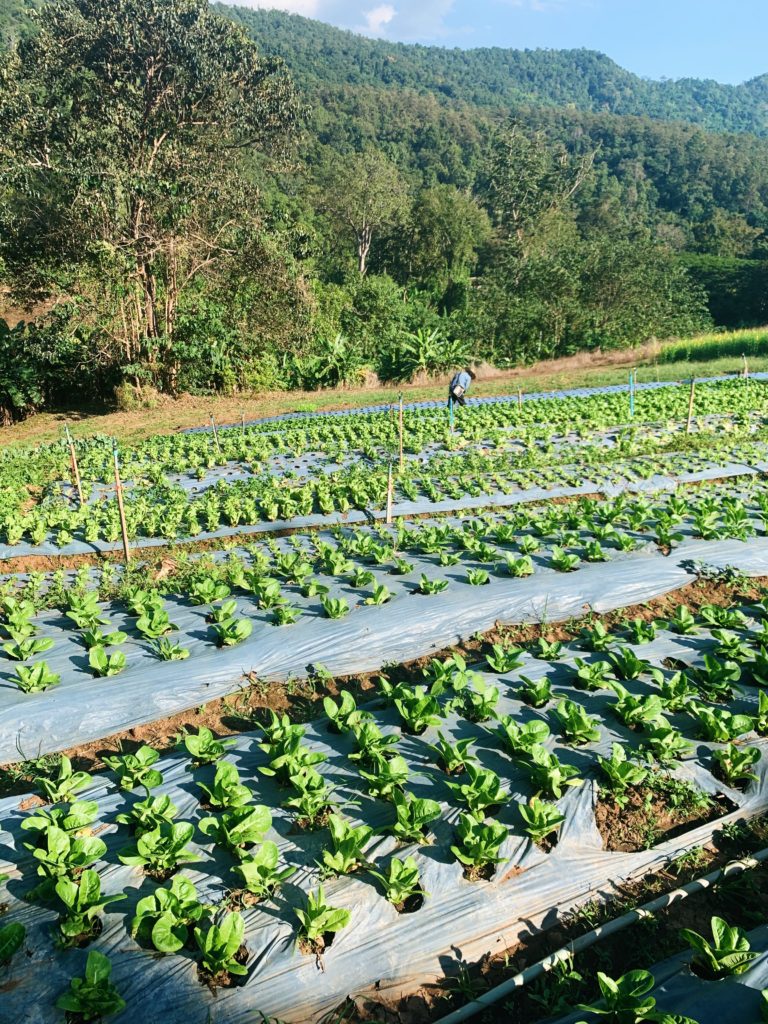
The farm is an extension of our holiday home in Chiang Mai where we go every single Christmas and New Year to spend quality time together, situated in a small village community in the Hang Dong district and all of the amazing team that looks after the house are also from the vicinity.
We started by growing exactly what we liked to cook with, we literally hand carried seeds from abroad to try and grow in Chiang Mai, mostly salad leaves and herbs that are hard to find in Bangkok, and that’s still the ethos till today.
When we were really happy with the quality of produce, we wanted to share it with friends really just to let them know the amazing benefits of kale.
It then grew from there to include nearby restaurants and cafes in town and now open for individual consumers too!
For us we just enjoy sharing our produce with people, and we love seeing it used in so many different ways. “
2. Now, a bit of background about you
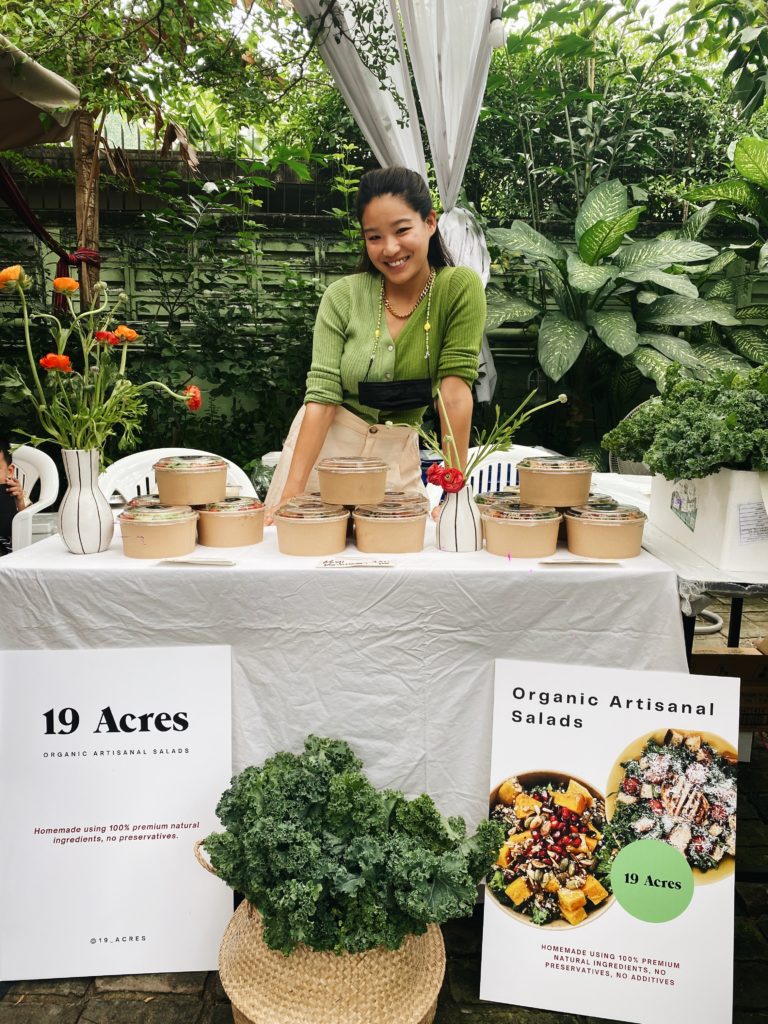
“I’ve spent a lot of my growing up in England studying and working in London and have now moved back to Bangkok for 3 years. I am currently the Executive Director of Holiday Tours and Travel which is a sales and marketing agency that specialises in Airlines and travel related brands.
19 Acres was something that I wanted to start doing with the farm, as I’ve always been interested in eating and cooking in more wholesome ways. You feel a lot different when you’re fueling your body right! “
3. Why did you decide to launch an Instagram account and sell directly to consumers?
“I love when I know exactly where my food is coming from especially when it’s fresh produce.
With so much bureaucracy around food labels and certifications, I’’m not so fussed whether my veggies come from a supermarket and has a label; controversial, but it doesn’t always mean much. I was always happy to buy direct from a supplier whom I felt I knew, so from this belief, we paid more importance on showcasing the whole story and being transparent in our goods, and allowing people to almost grow with us as a small business.
I thought instagram was a great platform that allowed us to do this and connect with anyone who was also interested.
I use the stories function to literally ask customers what they’d like to see from us, what kind of menus they would like, what do they think was lacking and more
I like to think we have a small community that always shares the love for healthier cooking and how they’ve built that into their lifestyle daily.”
4. What are some insights you could share about running an organic farm
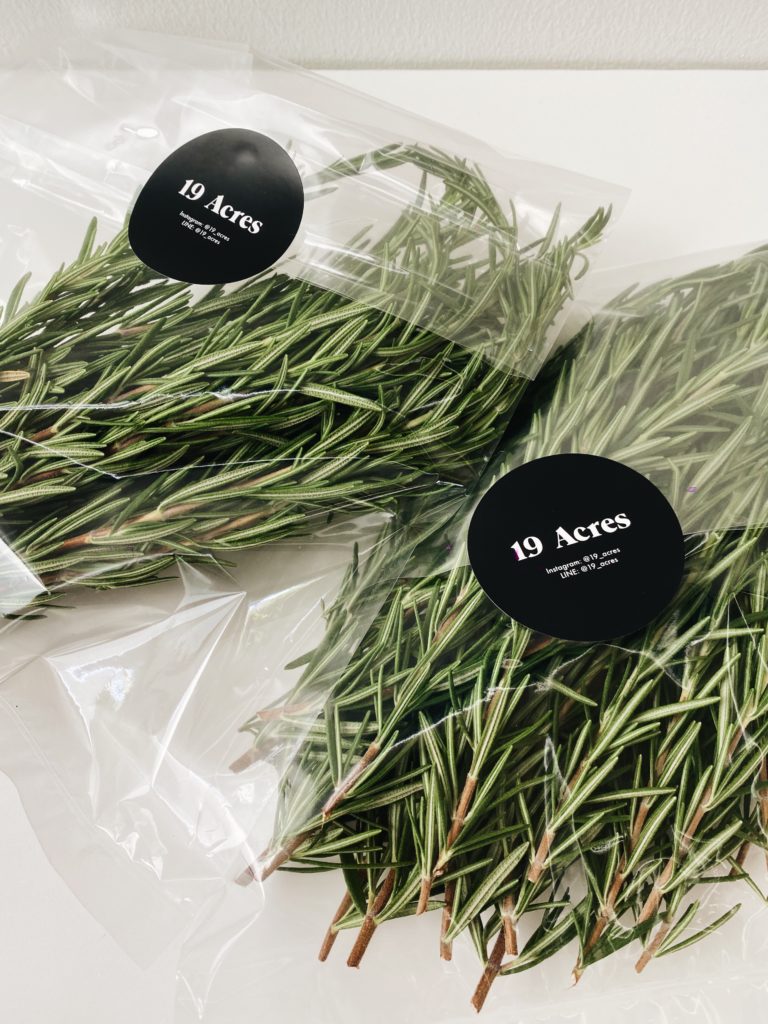
“It is a tough business and extremely difficult to scale; every single element takes almost triple the amount of time and cost and the yield is low and not always consistent. We had a drought last summer which took us out for the entire season as we depend on fresh water from the mountains.
We actually rely a lot on community led help and we connect with different small scale producers around our area and other farm friends like Cleanfarm to share different processes and to be honest it’s been a lot of trial and error for us.”
The demand and market in Thailand is also not there yet to scale up, which means if you only rely on the sales of fresh produce at a wholesale level, it will be almost impossible to survive which is why we’ve added our line of products.
4. What are you producing and selling right now?
“Our core produce are cherry tomatoes, and we were among the first local sellers of curly kale, Lacitino Kale, Italian parsley, baby cos, italian basil, rosemary, and lemons. We integrate all of these ingredients into our salads and house made deli products.”
5. Walk us through the logistics in ordering fresh produce from you. What are the steps?
“Very simple, you can order with us through IG DM or LINE OA at @19_acres – we do an announcement each week of what we have coming in and customers can pre order on any day, and we group it into the next available delivery (Monday or Thursday).”
6. Tell us a little bit about your salad delivery. How does that work?
“We decided to introduce artisanal salads beginning this year as it was a great way to showcase our products and also cater to our customers who didn’t always have the time to cook at home but wanted to integrate more greens into their diets.
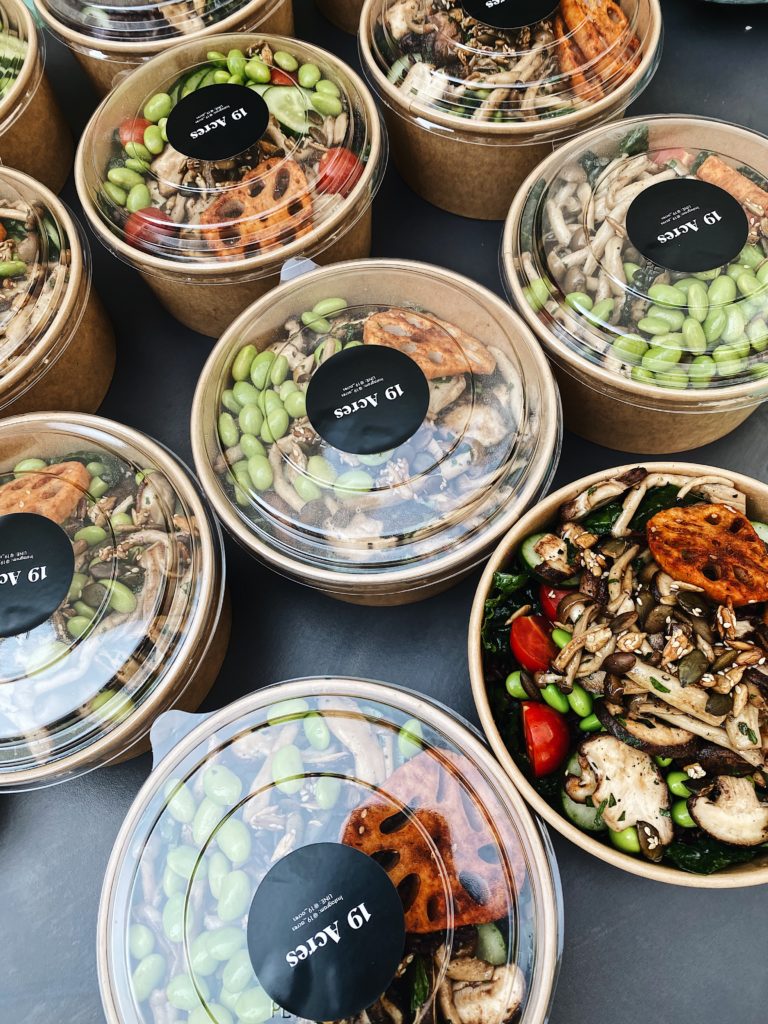
As our kale volume grew, we wanted to initially give people ideas on what menus they can make at home, but learnt quickly from our community feedback that our customers actually wanted to buy it ready made – so we started.
The delivery works exactly the same as the fresh vegetables, we only do it two days currently out of the week and we run a pre order system. We have two salad menus each week and we revolve the menu every two weeks to always add newness and also respond to what we’re getting seasonally from the farm.”
5. The “healthy eating trend” is growing in Bangkok but still in niche circles. What do you think are the main barriers/challenges to mainstream adoption of cleaner eating?
“I think there’s still a lot of understanding and awareness that needs to be done around what healthy eating actually is.
I feel unfortunately that there’s still a lot of narrative around ‘limiting’, cutting this out, cutting that out and unfortunately also a lot of ‘short cut’ methods filling the mainstream market fueled by the media, which in turn creates an unsustainable approach to eating clean.
The effects of this means that the market and its offerings can be quite absolute or filled with weird alternative desserts and snacks which you just wouldn’t want to eat on a regular basis. The mindset here tends to be that you have to ‘sacrifice’ eating delicious foods when we are on a diet which is absolutely not true.
We at 19_acres are firm believers in a balanced diet and using whole foods, healthy eating is not about taking away, it’s about adding more rather than placing limits.
I think if we frame the conversation in this manner, we will have more offerings from a more consistent and sustainable flow of demand from larger groups.
6. Please explain the product-supply chain of 19 Acres. Are there a lot of moving parts?
“Not at all, it’s very direct and local. Our vegetables are harvested in Chiang Mai by our team at the farm, and get delivered twice weekly in a temperature controlled logistics provider straight into our location in Thonglor.
t the moment we are a tiny team in Bangkok and we package these into selling amounts and customers can come and collect, or we deliver it out using Grab.
When the vegetables come in at 5am, that’s when we start the prep work for what we need for our salads to go out by noon on Monday and Thursday. Straight from the farm into your bowls.”
7. In your opinion, can this business scale? If not, what are the challenges?
“Our goal is definitely more focused on quality and in future the experience rather than volume both in our produce and salads, the next step for us is to open a Deli space where we can do what we currently do daily.
I think the main challenge here is building a consistent and big enough of a demand to scale.
You have to admit that you’re operating in a market where salads are not your go to choice for a quick nutritious meal so you have to pay attention to that and really be bold in your USPs.
We didn’t want to go with the scalable salad bar approach as the moving parts wouldn’t serve our values. Pricing is also a challenge as consumers are not always open to paying more for what’s seen as a vegetable based dish until they understand further or have a taste.”
8. Kale is a superfood, but somewhat underused in Bangkok. Why? What are the benefits?
“The benefits are vast, it’s now our main green veg in the house. If you’re new to eating greens and had to pick one green, Kale is one of the best vegetables that you can pick to tick off all the boxes as it’s so nutritionally dense per calorie and filled with Vitamins and Iron.
It’s also loaded with antioxidants and works wonders for your digestive system.
I think it’s underused in Bangkok as it’s not the simplest vegetable to cook with and get right. We try to teach and illustrate ways to treat kale to our customers daily, most notably, the kale massage!
Makes a world of a difference when you spend some time massaging your kale before mixing it in a salad, the oils or acid breaks down the leaves making it more soft (take note!)
9. Let’s move onto some fun questions. What is your favorite salad to make?
“Our Miso Mushroom Kale is a really enjoyable one. We created this dish in order to make people more aware of how Lacitino Kale (Tuscan kale) can be used and how beautiful this vegetable is.
Lacitino Kale is normally used in western cooking and salads, so we challenged ourselves to make it work using Asian flavours.
There are just so many textures and flavours going on both in the salads and in the dressing, and it’s vegan!”
10. Where are your top 3 go to restaurants for healthy yet delicious food?
- SIMPLE – our very first Kale customer and still is to this day.
- Not Just another Cup
- Talalask – a Thai vegetarian place in Rama 9, so delicious.
11. Some tips about how someone can adopt a cleaner eating lifestyle?
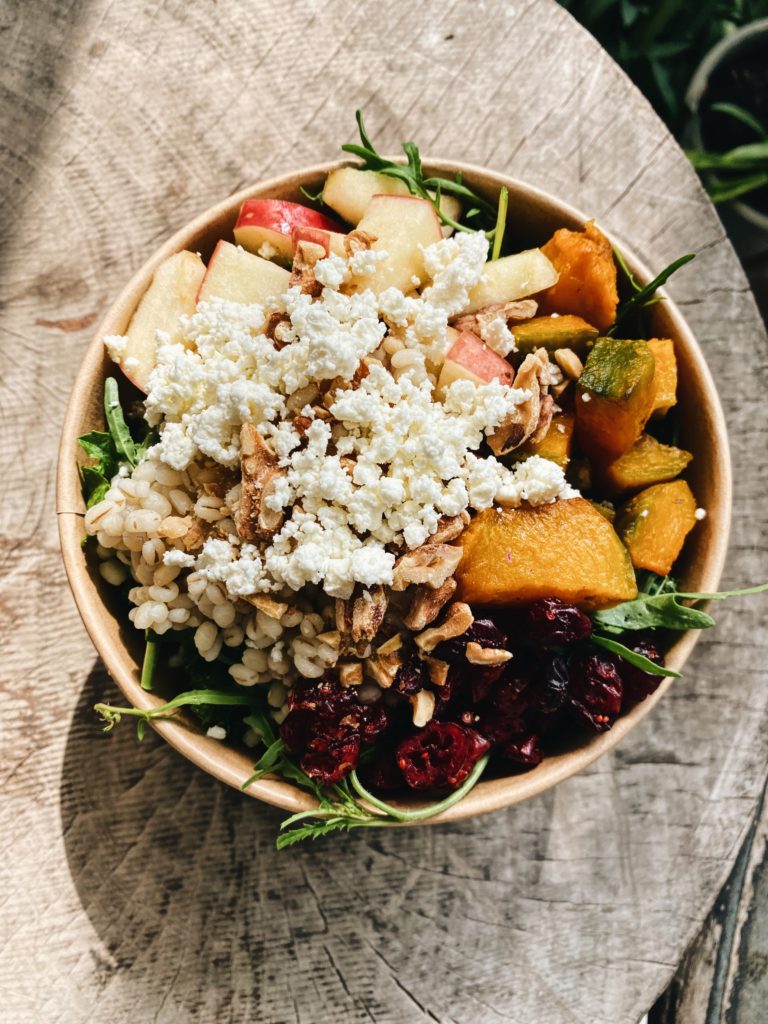
“I’m no nutritionist but I am a firm believer in the balanced approach and consistency.
I don’t agree with cutting anything out as I don’t believe deprivation is unsustainable.
Instead of approaching it from a mindset of ‘dieting’ and limiting, my tip is to finetune and explore a way of eating that works for your body and brain focusing on how you feel after your meals.
Naturally as you do this, it will move you away from high sugar, and highly processed foods and more onto wholefoods. Design something for yourself that gives you the energy that you need and more importantly something that doesn’t take joy away from your foods – that’s the sweet spot!”


